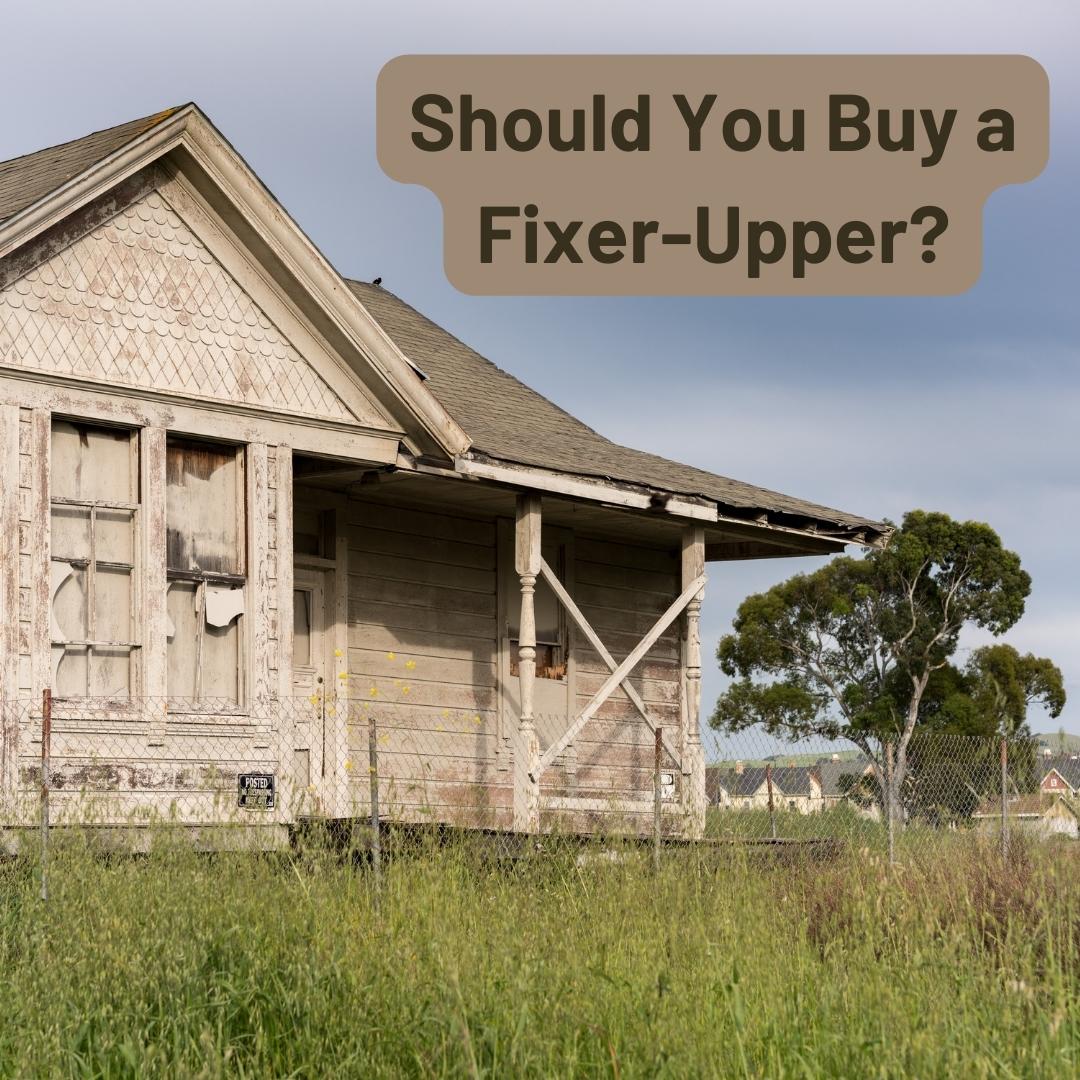The idea of buying a fixer-upper, a house in need of repairs and renovation, may seem appealing to some, especially those who love the challenge of transforming a space into a dream home. But it's not all sunshine and roses; there are considerable pros and cons to consider before diving into such a project. In this article, we will discuss the advantages and disadvantages of buying a fixer-upper, as well as provide tips for success if you decide to take the plunge.
Pros of Buying a Fixer-Upper:
1. Cost Savings: One of the main benefits of purchasing a fixer-upper is the potential for cost savings. These properties often come with a lower initial price tag, allowing you to get more house for your money. Additionally, renovating a home can increase its value, providing you with a potentially profitable investment.
2. Customization: A fixer-upper offers a blank canvas for homeowners to put their stamp on the property. You can customize the layout, design, and features to create a space that suits your tastes and needs perfectly.
3. Location: Fixer-uppers can be found in prime locations where newer homes are scarce or unaffordable. By purchasing a property that needs work in a desirable area, you can gain access to better schools, amenities, and job opportunities.
Cons of Buying a Fixer-Upper:
1. Time and Effort: Renovating a fixer-upper can be a time-consuming and labor-intensive process. Depending on the scale of the project, you might need to dedicate months or even years to complete the renovation.
2. Unexpected Costs: While a fixer-upper may seem like a bargain at first, unforeseen issues can quickly inflate your budget. Structural problems, plumbing, and electrical issues can lead to costly repairs that may not be apparent during the initial inspection.
3. Financing Challenges: Some lenders are hesitant to provide loans for fixer-uppers, as they may consider the property a riskier investment. You may need to explore alternative financing options, such as a home renovation loan or a Federal Housing Administration (FHA) 203(k) loan, which can have higher interest rates or stricter requirements.
Tips for Success:
1. Hire Professionals: Consult with a real estate agent, home inspector, and contractor before making a decision. These experts can help you assess the potential of the property, identify major issues, and estimate the cost of repairs.
2. Set a Realistic Budget: When planning your budget, be sure to account for both the purchase price and renovation costs. It's essential to have a contingency fund to cover unexpected expenses that may arise during the renovation process.
3. Prioritize Projects: Create a list of necessary repairs and upgrades, then prioritize them based on your budget and timeline. Tackling critical issues like structural problems, plumbing, and electrical systems should come first, while cosmetic updates can be done later.
4. Be Patient and Flexible: Renovating a fixer-upper can be a test of patience and flexibility. Delays and unforeseen challenges are par for the course, so be prepared to adapt your plans and expectations as needed.
Buying a fixer-upper can be a rewarding experience, offering cost savings, customization opportunities, and access to desirable locations. However, it's crucial to consider the potential challenges, such as time and effort, unexpected costs, and financing hurdles. By carefully weighing the pros and cons, seeking professional advice, and following our tips for success, you can make an informed decision and enjoy the journey of transforming a fixer-upper into your dream home.
Written by: Texas Roadrunner Realty with ChatGPT
Image by Canva





